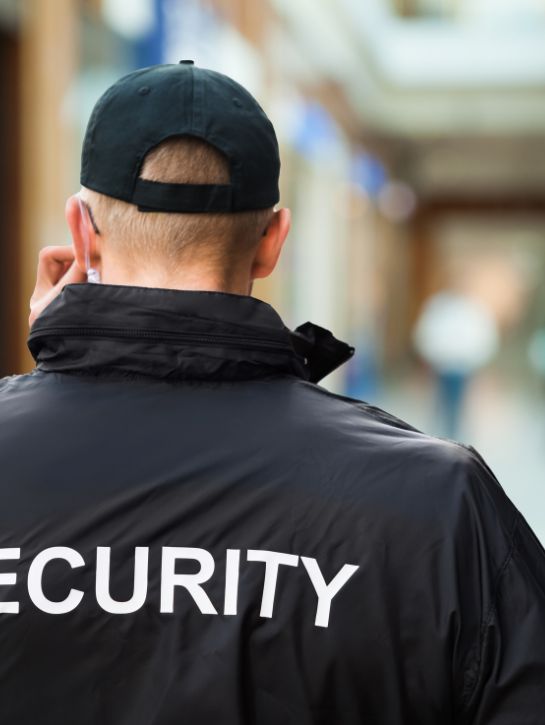Security guards keep property and people safe, but in the course of their work, they can be put in harm’s way. From tripping in a dark stairwell to being assaulted by a criminal, injuries are always possible. Workers’ compensation provides important protection, but due to the risks involved, it doesn’t come cheap. Keep your risks and costs under control by keeping up with these work comp trends affecting the security industry.
1. Crime and Demand Surge
According to Time, demand for private security guards has increased as police staffing levels have declined in recent years. Meanwhile, some areas are seeing increases in crime, adding to the demand for security guards. For example, Axios says D.C. restaurants have been spending more money on security in response to crime. Over on the West Coast, King 5 says cannabis shops are increasingly turning to private security in response to frequent robberies.
For security firms, this means that business is good, but that security workers are also facing the threat of violence. Unfortunately, injuries are possible. In one example, KOMO News says a security guard was injured during a robbery at a Nordstrom’s in Seattle. In another example, KTLA 5 says a security guard experienced a head injury when five armed men attempted to rob a business in Chatsworth.
2. Mental Health
Mental health has been garnering more attention, and it’s impacting worker’s compensation. Security guards in particular may be at risk for PTSD and other mental injuries due to the sometimes stressful and dangerous nature of the work.
According to the National Conference of State Legislatures, most state worker’s compensation laws cover mental health, but proving that mental health issues are work-related can be difficult. Business Insurance says multiple states have been working on expanded mental health coverage under workers’ compensation by presuming that PTSD are caused by work, and that PTSD claims are showing up in workers’ compensation claims more often. Although much of the focus has been on first responders, other workers may also receive mental health protections under workers’ compensation.
3. COVID Effects
For many people, life has gone back to normal, but COVID-19 is still impacting workers’ compensation claims, both due to new infections and ongoing claims involving past infections.
The Workers Compensation Research Institute says that 6% of workers with COVID-19 developed long COVID, and many were still receiving medical care a year after their initial infection. Medscape says that many workers with long COVID are having difficulty collecting benefits, and according to Business Insurance, courts are assessing whether long COVID illness should count as permanent or temporary disability.
4. Worker Turnover
The private security sector has notoriously high turnover rates, with some estimates putting it at 100% or higher per year. Combine this with the recent increase in demand for private security, and it’s clear there must be a lot of new security guards on the job.
This is a safety concern because injuries are more likely to occur during the first year on the job. In fact, the 2023 Travelers Injury Impact Report found that 34% of workplace injuries occurred during the employee’s first year on the job, and these injuries resulted in 7 million missed workdays.
5. Telemedicine
Telemedicine has emerged as a useful tool in workers’ compensation assessments and treatments.
Security guards who work in remote locations or who work outside of normal business hours may find telemedicine particularly useful. For example, if a security guard is injured late at night, the only in-person option for care may be the emergency room. For minor issues, telemedicine may provide a less time-consuming and expensive way of receiving an evaluation and care quickly. Telemedicine can also be used to manage ongoing care and provide mental health support, which may help contribute to better outcomes.
In addition to improving access to care, telemedicine is often seen as a cost-containment strategy. According to WorkCompCentral, research from the Workers Compensation Research Institute found that nearly all states now allow payment for telemedicine in workers’ compensation.
Is Your Workers Compensation Program Keeping up with Trends?
Security firms require robust, effective workers’ compensation that keeps costs down while taking care of workers. Tangram provides workers’ compensation for security firms, including armed and unarmed security guards, private patrol and private security. Our program includes many coverage choices along with robust risk management. Learn more.



